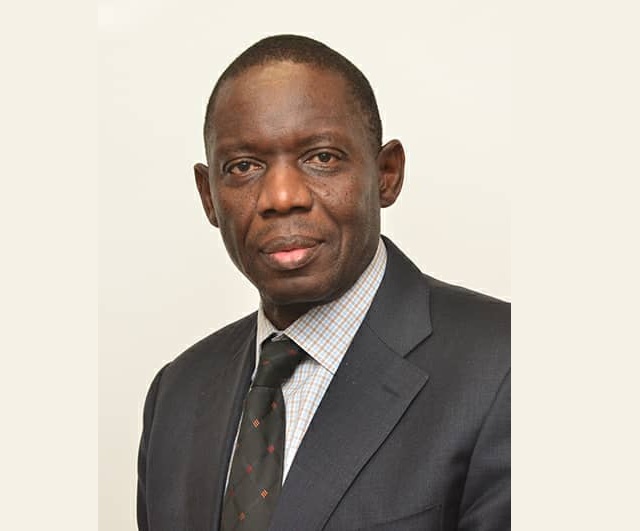
But Africa remains the most concerned region about consumer protection and cybersecurity risks
| THE INDEPENDENT | Accountants now need to take advantage of the possibilities that come with FinTech given that the latter provides products that are solving actual problems, according to the Bank of Uganda Deputy Governor Michael Atingi-Ego.
Atingi-Ego, who spoke during the 27th Annual Institute of Certified Public Accountants of Uganda held in Entebbe on Aug.31 also said leaders should ensure that FinTech services are priced fairly; and that consumers are protected.
“Financial Technology (FinTech) is reshaping financial services in Africa, through providing us with infinite possibilities to achieve shared and inclusive growth,” he said.
“We have all witnessed the transformation that mobile based payments have had in the region, first mobile-based M-Pesa and now Mobile Money in Uganda,”
Citing an ACCA global survey, released in May 2022, the deputy governor said, Africa has a major role to play in FinTech, and that it was the region that placed the most trust in FinTech products, relative to traditional financial services.
Ironically, he said, it also showed that Africa was the most concerned region about consumer protection and cybersecurity risks.
“The survey therefore brought out the need to prioritise secure data management and cybersecurity, at the heart of frameworks for government and regulatory approval of digital products and services offered by the private sector,” Atingi-Ego said.
For the private sector, according to the deputy governor, implies investment in infrastructure, staff capacity and customer education to shore up defenses against this emerging threat.
“Without such investments, we risk losing this high confidence and trust placed in FinTech products in Africa,” he said.
Atingi-Ego said adapting to this changing financial and risk landscape will remain a priority over the next five years as the central bank.
He said, BoU’s interest will be on policy development to enable safe, long-term value from FinTech, in a way that places financial inclusion at the core. Initiatives on internal capacity development, supervision of ‘disruptive’ technologies especially in the payments eco-system, enhancing consumer protection, promoting data-driven decision making and uplifting innovation through innovation hubs and the regulatory sandbox will be critical according to Atingi-Ego.
He added that the concept of a digital currency shall also be acutely studied, with input from industry experts and other stakeholders.
Held under the theme ‘Resilience in a Dynamic Environment’, the forum brought together hundreds of accountants to deliberate on different topics.
Fabian Kasi, the managing director for Centenary Bank said leaders must have the ability to read signals of change to experiment, manage complex multi-company systems and most importantly they must have learned to, unlock their greatest resources. They must be able to mobilise and make quick decisions in line with the corporate governance aspects of their organisations.
Kasi added that resilience is an umbrella term referring to a dynamic process wherein individuals display positive adaptation in the face of obstacles and adversity.
He also said, size no longer matters but survival for the quickest and that businesses must possess capability, adaptability to succeed.
He said, such measures made Centenary Bank resilient during the Covid-19 era and periods after. For instance, he said frugality, continuous planning, effective communication and alignment of the business model to new Covid-19 guidelines and directives supported the bank to remain profitable during the pandemic times.
Corporate governance
Similarly, Atingi-Ego said, the promotion of good governance practices is not only important at the private sector level but is also critical at the public sector level as it promotes economic resilience.
He said, the auditors and accountants have a critical role to play in uplifting good governance practices among others, ensuring that boards and their committees are well constituted and operational, with robust risk management frameworks and business continuity plans in place.
He said, auditors and accountants should be more involved in validating business risk assumptions and models, testing them for robustness and, ensuring that they are frequently recalibrated. Additionally, he said, they need to be more involved in the preparation and review of all business continuity plans, oversight of governance and the resilience of the nation.
Derrick Nkaja, the chief executive officer for the ICPAU said, they remain committed to engaging in activities that are critical in supporting the economy to thrive.
He said, as the Institute marks 30 years of existence, it is important to note that management and staff have been resilient in terms of operational, physical and emotional side of business.
****
 The Independent Uganda: You get the Truth we Pay the Price
The Independent Uganda: You get the Truth we Pay the Price





